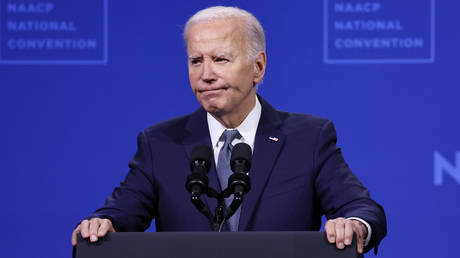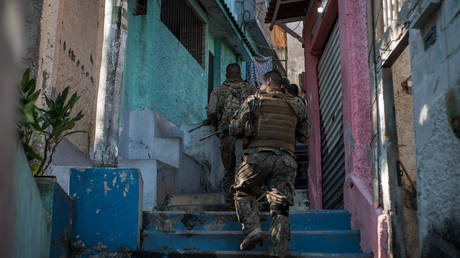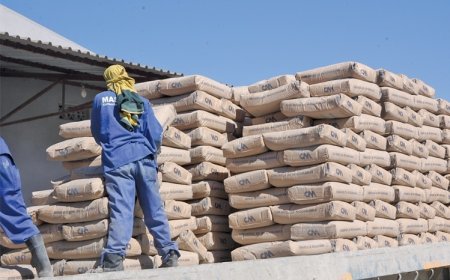Mozambique Risks Total Collapse in Hospital Drug Supply as State Owes $94 Million to Health Sector
Mozambique is on the brink of a national health crisis, as suppliers threaten to suspend deliveries of essential medicines and hospital materials to public hospitals due to more than 6 billion meticais (approximately $94 million) in unpaid debts by the Government. The looming disruption could lead to catastrophic consequences for patients, including pregnant women, children, and individuals with chronic illnesses, as stocks of life-saving medications in public hospitals dwindle.

Speaking to TORRE.News, Alexandre Fernandes, CEO of SwissLab and Vice President for Health at the Confederation of Economic Associations of Mozambique (CTA), warned that many companies operating in the import and distribution of pharmaceuticals and laboratory supplies are facing financial collapse. "We've reached the limit. Companies have unpaid invoices stretching back years, and the Government has provided no concrete response. If we stop supplying, patients will die," Fernandes said.
Under the current contracts, suppliers are required to deliver in advance while the State defers payments—often for periods exceeding two years. The private sector has long been the backbone of Mozambique’s healthcare supply chain, but with rising bank costs and no payment guarantees, many companies can no longer afford to carry the burden.
Making matters worse, Fernandes says that the Government continues to launch public tenders without securing the necessary funds in advance—an open violation of Mozambique’s Public Procurement Law, which mandates proof of budget availability before contracts can be awarded. “In theory, these contracts allow for advances with bank guarantees. But when it’s time to disburse funds, the Government claims the money isn’t available,” he added.
The situation is particularly alarming as it coincides with widespread reports from multiple provinces of stock-outs of essential medicines and basic hospital supplies. Health centres across the country are increasingly unable to meet demand, threatening the fragile healthcare system and the lives of thousands who rely on it daily.
Fernandes explained that the business risk associated with State contracts is now so high that companies are being forced to selectively engage with the public sector. “Doing business with the Government has become a threat to the survival of our companies,” he lamented.
If the Government does not urgently settle its debts with suppliers, Mozambique could face an immediate collapse in the availability of medicines across its public hospitals. The warning comes at a time when public health remains one of the most vulnerable sectors in the country, and any service interruption could result in tragic human loss.
The situation also raises broader concerns about fiscal mismanagement in Mozambique and its long-term impact on public service delivery. Without structural reforms and transparent financial oversight, experts fear that the ongoing health sector crisis could soon extend into other essential services, deepening the already precarious social and economic outlook for the nation.





















